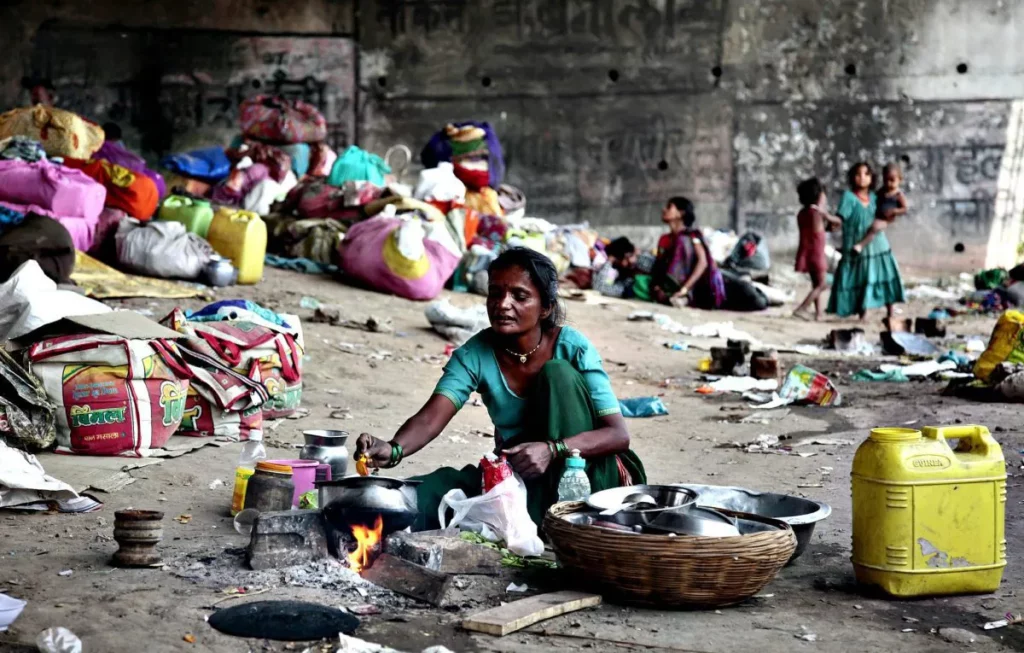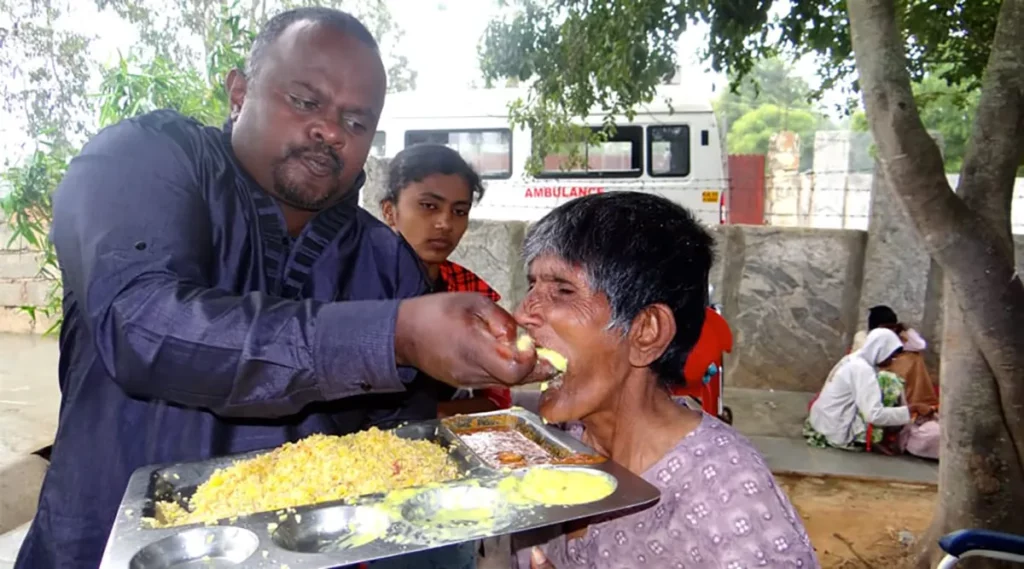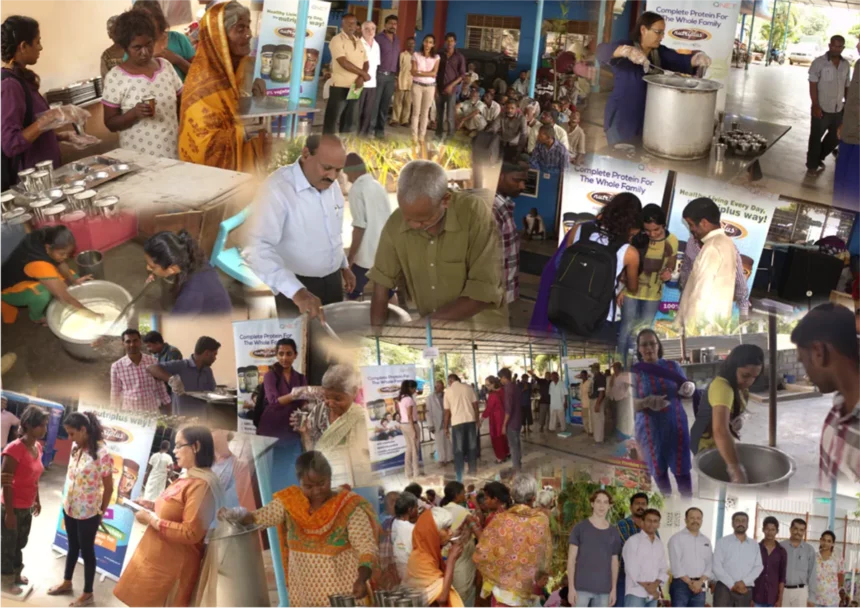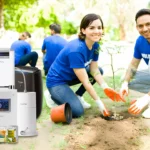With a population of well over 1 billion people, India is the second most populous nation in the world. About 0.19% of its population is currently without a home, says a Census report on the homeless.
Families that live in open areas like pavements, railway platforms, hume pipes, under flyovers and even in the open at places of worship are treated as homeless. It is estimated that one in every 100 people in India’s cities is homeless. There are an estimated 40,000 to 50,000 homeless people in Bangalore alone.

The statistics are grim. What is worse is that very little is known of what it means to be part of such horrific numbers.
Some of the problems leading to homelessness include physical or mental disability, economic hardship caused by unemployment, substance abuse, domestic violence, and lack of income support, abandonment and neglect by family members.
Some of the problems leading to homelessness include physical or mental disability, economic hardship caused by unemployment, substance abuse, domestic violence, and lack of income support, abandonment and neglect by family members.
In addition to harsh weather, homeless people are also victims of abuse, theft and sexual harassment. They are also cut off from the government’s social welfare programmes as they do not have identity documents.
The Bruhat Bengaluru Mahanagara Palike (BBMP) is the administrative body responsible for the civic and infrastructural assets of the Greater Bangalore metropolitan area. BBMP has provided eight shelters for the homeless in Bangalore, which have a combined capacity of 350. Which leaves thousands more on the streets to fend for themselves.
In a report in the Indian Express, M Lakshminarayana, BBMP Commissioner said that the BBMP needs NGOs to help run more shelters to adequately serve the needs of the homeless in the city.
Home of Hope established by the New Ark Mission of India (NAMI) currently houses approximately 4-500 destitute men and women rescued from the streets or dropped off by the local police.

Started by T.Raja, the Founder of NAMI, popularly known as Auto Raja, a reference to his profession as an Auto rickshaw driver, Hope for Home began in a narrow passageway in Raja’s single room home in 1997. As an auto driver, he constantly came across destitute people, often mentally challenged, hungry and weak, dying on the streets. He would bring them back to his tiny home in the auto, clean them up and feed them.
From those humble beginnings and with the tireless efforts of Raja, today the Home of Hope stands in a serene half acre plot in Doddaguppi village, in the outskirts of Bangalore. The Home is run entirely through voluntary donations.
“It is my dream to make sure that not a single person remains homeless on the streets of Bangalore, “says Raja.
Having heard about Raja and the remarkable efforts of NAMI in rehabilitating and providing shelter to the destitute, QNET reached out to offer support.
We identified malnourishment as a serious challenge among the residents, many of who have been living on the streets, feeding from trash bins for years. Through this 2 month long QNET We Care project, we conducted a basic nutrition assessment of all the residents which included a height, weight, and BMI check.
For a period of 2 months, volunteers from QNET provided Nutriplus Protein Power mixed with milk and sugar in two shifts to the residents. The women’s wing was served the drink at mid-morning and the men’s wing was given the drink between tea and dinner time in the evening. All drinks were freshly prepared on site by employees of QNET who were present at the Home in rotational shifts and spent time with the residents.
Nutriplus Protein Power is formulated with soy protein isolate to achieves the maximum Protein Digestibility-Corrected Amino Acid Score (PDCAAS), the world standard method of evaluating protein quality based on both a human being’s amino acids and the body’s ability to digest them. Soy Protein is a high-quality, complete protein that can help you meets the human body’s protein needs.
A weight check was conducted at the end of the first month to measure progress and once again at the end of the service period after 2 months. The Final Nutrition Assessment showed that 81% of the participants of the feeding program showed a healthy response, gaining an average of 1-3 kgs. A handful of participants showed as much as a 5kg weight gain.
This project was part of QNET’s We Care initiative in India where the company partners with NGOs and non-profit associations to serve the needy in the communities in which we do business.








